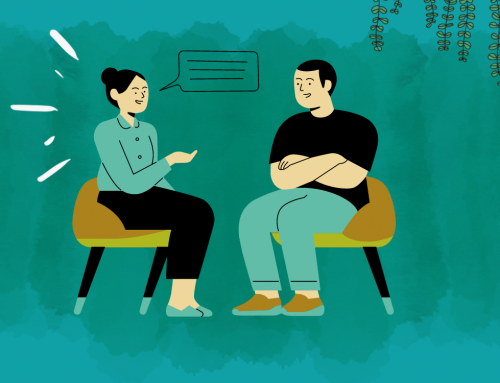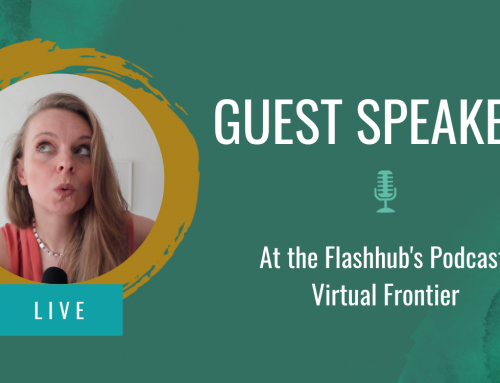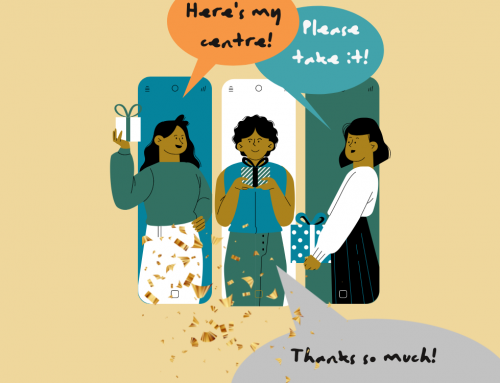But HOW do I find my passion? What is my purpose? What is ACTUALLY calling me?
When people ask me these questions I often feel a good portion of anger emerge in my stomach. Anger that comes from exhaustion. As if I was asked to repeat a journey that felt and still feels hard for me. Or better: As if someone wanted an easy and painless answers from me whilst I – in order to find such answers – had to suffer.
But let’s start from the beginning.
Statistically these questions can be answered in rather obvious ways: The purpose of almost all people is love. Subsequently your calling is: To spread love. And your passion is whatever you like. If you are reading this article because you actually DO have the above-mentioned questions, these answers are probably rather unsatisfactory.
Making a list of your talents, skills and interests is an offence to your intelligence
Common advice includes: “Make a list of all your talents, skills, interests, values… etc. pp. bladibla”
This is not wrong advice. But it has a footnote that is often ignored: Unless we are truly connected to our intuition, these lists tend to stay shallow. These “unconnected lists” then contain things that are reasonable. Presentable. Like: “I have a talent to easily understand complex situations”, “I can work well under pressure” or “I am good at online marketing”.
We have all written these lists. How excited have you been on what as on these lists?
First of all: You probably don’t remember what you put on that lists. That’s the first indicator that your excitement level was less than optimal.
Second of all: It is probably because the writing of lists doesn’t work for you any longer that you ended up here.
We are primed to solve these big life questions rationally. Analytically: lay out all the (million and gazillion of) options and pick the best ones (yeah right!). As if brainstorming or trial and error were the best ways to find something that – deep inside ourselves – we already know.
What makes a good answer to these questions is one that is of a high emotional quality for us. Answers that make us feel fulfilled. Thrilled. Exhilarated, because we have discovered beauty in ourselves we never thought to be there. These questions can’t be solved rationally. They need to be tackled at an emotional level. As I like to say: If you let the prefrontal cortex (your rational part of your brain) play against the amygdala (the vaguely speaking “emotional part” of your brain), the amygdala always wins.
By now you should be frowning and ask yourself how on earth ANYONE would have EVER thought that this kind of thinking is even remotely suitable to solve the riddle of life.
But what’s a better way? Is there such thing like a “connected list”? What kind of list would we write from a connected state?
If we are connected to our intuition there is no need for a list
Words are so susceptible to miscommunication. They stand for certain things we believe to have a common understanding of. But the state of “passion”, “purpose” or “calling” is an inner experience.
Words may help us to put a label on the sensations that go through our bodies. They are open to interpretation. Instead it our inner experience allows us to KNOW. When we have the reassurance of EXPERIENCE, words will be a lousy replacement for ecstasy.
That’s why: If we are connected. There is no need for a list.
As a matter of fact the process is so simple that we can just close your eyes, connect to our state, open our eyes and we are there.
We may lack words. But we have an answer.
How to be connected to oneself
Again. A question that both intrigues and bitters me. It sometimes bitters me, because I think the answer is so obvious, but when I try to explain in my words, people laugh it off as childish, esoteric or just #rollingeyes.
But with a risk of you shrugging afterwards, let’s be serious about this. First: What does “CONNECTED” mean?
At The Arc it means “being connected/ in touch with one’s feelings”. We do not mean: Being crazy (which is what “being emotional” so often is referred to as). We mean: having a high capacity to feel, i.e. if you are hit with a massive wave of sadness, you can stand still, breathe, feel all the sadness without having to numb/ distract/ shield yourself.
What’s so great about that?
Many people think that their calling is something external, something static that they have to find like an easter egg.
But I think this strategy is hard to be crowned with success. It’s a “look into a crystal ball” of your future: What if a war breaks out (or a virus)? Suddenly you might realise that your family is a way bigger thing than your work. What if you get sick? Your startup doesn’t work or you fall so in love that you forget to follow your calling. As the world changes: So might your priorities.
A safer route to end up in a place that is really ours, I believe, is to be really aware of one’s feelings.
When we stand at a crossroad and we have built up sensitivity to listen to the small voices representing our dreams and values, we will find it easy to follow the path that is truly ours. Being connected to one’s feelings means: Speeding up our decision making.
And in my world, it is close to impossible to end up in a bad place when you have made thousands of micro-decisions that “feel right” and that set you up on a path that “feels really yours”.
So why “small” voices? Why are these voices of dreams and values so small?
The big voices are usually those of trauma. And by trauma I vaguely mean all anger, fear and sadness that is still in your system although the cause/ trigger for it is long gone. Like: You are still suffering from love sickness, although you (before and now again) have a pretty wonderful life. You have anger against certain types of men, because they remind you of your father who bullied you (although you have or could have freed you from your fathers claws long ago). You have fear to be rejected, because of a terrible incident in high school. Although now there is almost no risk for such a situation to repeat, your body is constantly at 25% fear.
Basically: The loud voices are all the reasons why people do NOT go to Vipassana (= special form of silent meditation retreats). The stories and feelings that might pop up if they just stand still. The stories threatening to overwhelm oneself if we start feeling them out.
We have learned to numb these emotions. And if you say that you don’t numb, but that you just don’t know what these uncomfortable emotions are supposed to be for you, try to research again in your inner world. But do so under the assumption that numbing is just another form of fear.
If that is so then what?
It’s very simple: Identify the LOUD voices. Do your healing. So that the smaller ones can emerge.
Use the small voices as your guide to make dozens and thousands of micro-decisions that lead you to a good place. Look back and understand that you are EXACTLY where you are supposed to be. Because your calling as been your constant fellow.
This is so simple that I hopefully don’t have to explain it further.







